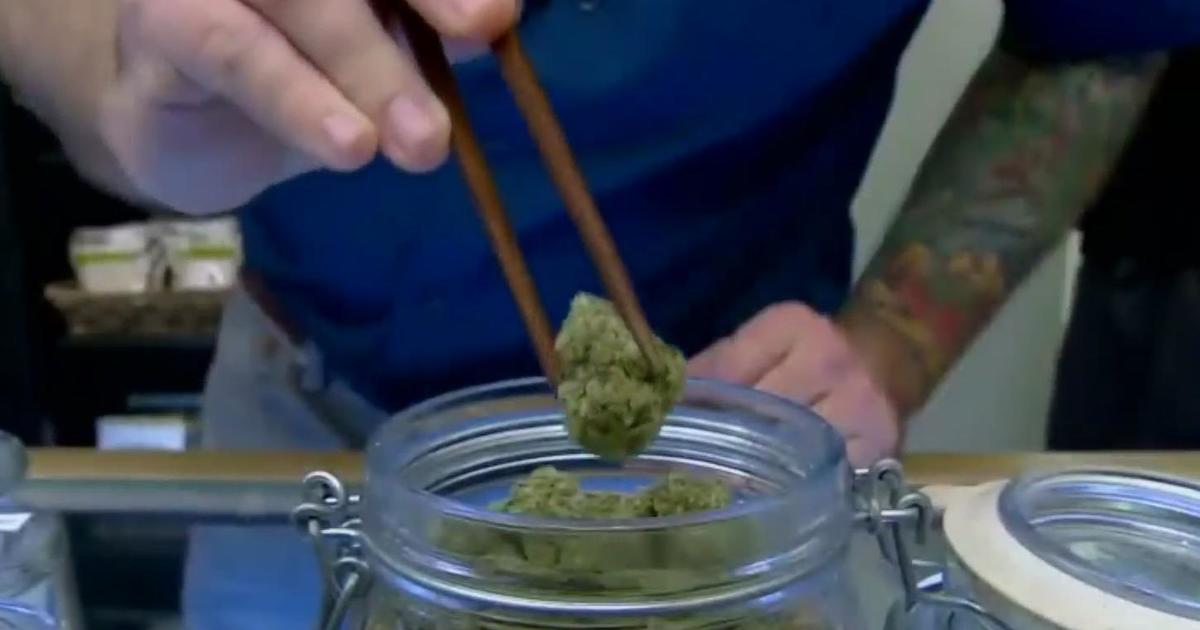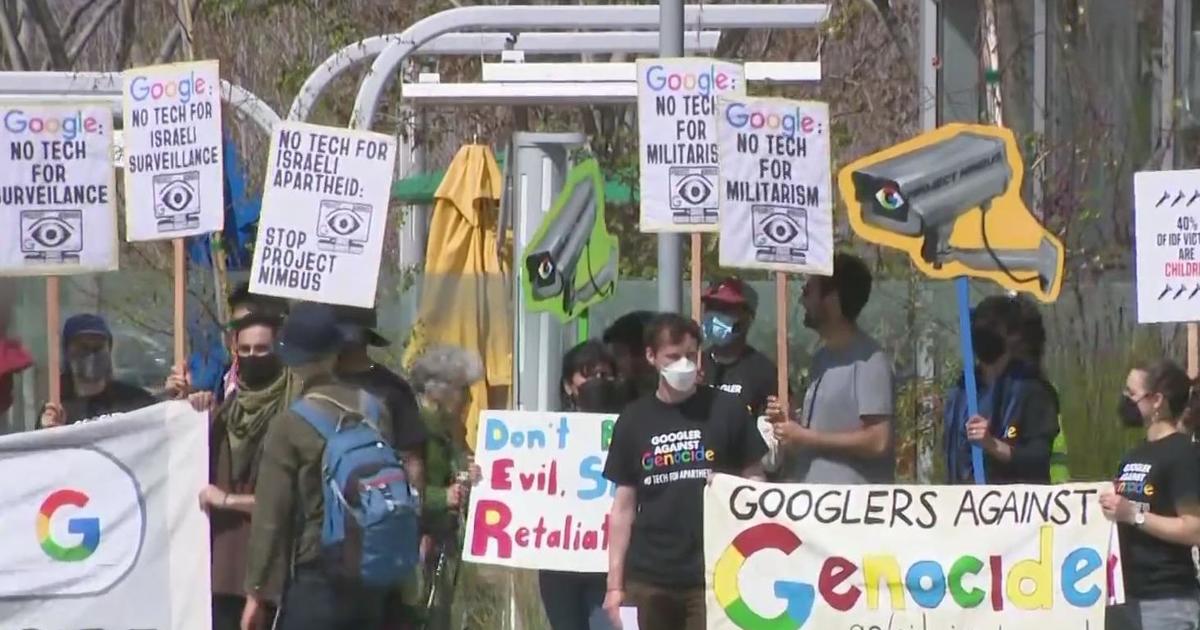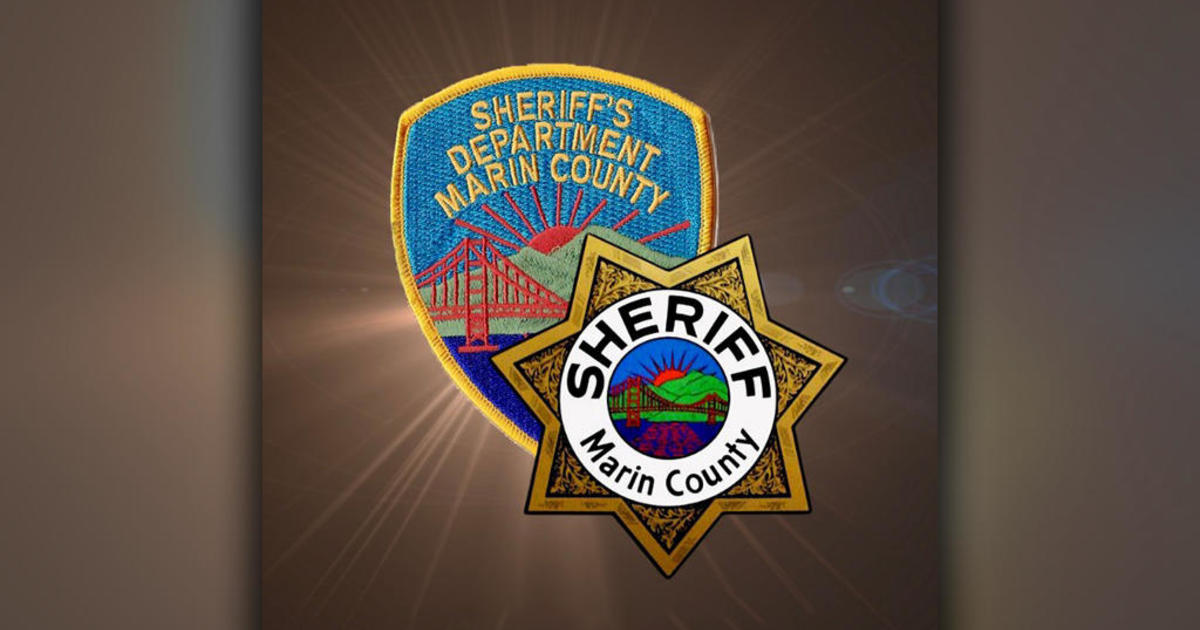CBS 5 Celebrates Hispanic Heritage Month
(CBS 5) Hispanic Heritage Month begins on September 15, the anniversary of independence for five Latin American countries—Costa Rica, El Salvador, Guatemala, Honduras, and Nicaragua. In addition, Mexico declared its independence on September 16, and Chile on September 18. October 12 is El Dia de la Raza.
Many Hispanic Americans trace their roots to the cultures of the indigenous peoples of the Americas -- including the Arawaks (Puerto Rico), the Aztecs (Mexico), the Incas (South America), the Maya (Central America), and the Tainos (in Cuba, Puerto Rico and other places). Some trace their roots to the Spanish explorers -- who in the 1400s set out to find an easier and less costly way to trade with the Indies. Other Latinos trace their roots to the Africans who were brought as slaves to the New World. For purposes of the U.S. Census, Hispanic Americans today are identified according to the parts of the world that they or their ancestors came from, including Mexico, Puerto Rico, Cuba, Spain, or the nations of Central or South America.
During Hispanic Heritage Month CBS 5 and CW 44/Cable 12 holds an annual reception that honors the many contributions made to society by the local Hispanic community.
Legislative History Hispanic Heritage Month:
PUBLIC LAW 90-498, Approved September 17, 1968, 90th Congress
Resolved by the Senate and House of Representatives of the United States of America in Congress assembled, that the President is hereby authorized and requested to issue annually a proclamation designating the week including September 15 and 16 as "National Hispanic Heritage Week" and calling upon the people of the United States, especially the educational community, to observe such week with appropriate ceremonies and activities.
PROCLAMATION 4310, September 4, 1974 -- Partial text
"Now, THEREFORE, I GERALD R. FORD, President of the United States of America, do hereby proclaim the week beginning September 10, 1974, and ending September 16, 1974, as National Hispanic Heritage Week. I call upon all the people of the United States, especially the education community and those organizations concerned with the protection of human rights, to observe that week with appropriate ceremonies and activities."
PROCLAMATION 5859, September 13, 1988--Partial text
"Now, Therefore, I RONALD REAGAN, President of the United States of America, do hereby proclaim the week beginning September 11, 1988, as National Hispanic Heritage Week. I call upon the people of the United States to observe this week with appropriate ceremonies and activities."
PUBLIC LAW 100-402, Approved August 17, 1988, 100th Congress
Be it enacted by the Senate and House of Representatives of the United States of America in Congress assembled,
Section 1. AUTHORIZE THE DESIGNATION OF THE NATIONAL HISPANIC HERITAGE MONTH. The joint resolution entitled "Joint resolution authorizing the President to proclaim annually the week including September 15 and 16 as 'National Hispanic Heritage Week"' approved September 17, 1968 (36 U.S.C. 169f) is amended --
1. by striking "week including September 15 and 16" and inserting "31-day period beginning September 15 and ending on October 15";
2. by striking "Week" and inserting "Month"; and
3. by striking "week" and inserting "month".
Section 2. EFFECTIVE DATE.
The amendments made by section 1 shall take effect on January 1 of the first year beginning after the date of the enactment of this Act.
Famous Firsts by Hispanic Americans
The first Hispanic-American politicians, baseball players, and more
Government
Member of U.S. Congress: Joseph Marion Hernández, 1822, delegate from the Florida territory.
U.S. Representative: Romualdo Pacheco, a representative from California, was elected in 1876 by a one-vote margin. He served for four months before his opponent succeeded in contesting the results. In 1879 he was again elected to Congress, where he served for two terms.
U.S. Senator: Octaviano Larrazolo was elected in 1928 to finish the term of New Mexico senator Andieus Jones, who had died in office. He served for six months before falling ill and stepping down; he died in 1930. The first Hispanic senator to serve an entire term (and then some) was Dennis Chávez, of New Mexico, who served from 1935 through 1962.
U.S. Treasurer: Romana Acosta Bañuelos, 1971–1974.
U.S. cabinet member: Lauro F. Cavazos, 1988–1990, Secretary of Education.
U.S. Surgeon General: Antonia Coello Novello, 1990–1993. She was also the first woman ever to hold the position.
U.S. Secretary of Transportation: Federico Peña, 1993.
U.S. Secretary of Housing and Urban Development: Henry Cisneros, 1993.
U.S. Attorney General: Alberto Gonzales, 2005.
Military
Flying ace: Col. Manuel J. Fernández, Jr., who flew 125 combat missions in the Korean War.
Medal of Honor recipient: Philip Bazaar, a Chilean member of the U.S. Navy, for bravery during the Civil War. He received his Congressional Medal of Honor in 1865.
Admiral, U.S. Navy: David G. Farragut. In 1866, he became the first U.S. naval officer ever to be awarded the rank of admiral. The first Hispanic American to become a four-star admiral was Horacio Rivero of Puerto Rico, in 1964.
General, U.S. Army: Richard E. Cavazos, 1976. In 1982, he became the army's first Hispanic four-star general.
Secretary of the Navy: Edward Hidalgo, 1979.
Science and Medicine
Astronaut: Franklin Chang-Dìaz, 1986. He flew on a total of seven space-shuttle missions. The first female Hispanic astronaut was Ellen Ochoa, whose first of four shuttle missions was in 1991.
Nobel Prize in Physics: Luiz Walter Alvarez, 1968, for discoveries about subatomic particles. Later, he and his son proposed the now-accepted theory that the mass dinosaur extinction was caused by a meteor impact.
Nobel Prize in Physiology or Medicine: Severo Ochoa, 1959, for the synthesis of ribonucleic acid (RNA).
Literature
Novel in English, written and published in U.S.: María Amparo Ruiz de Burton, Who Would Have Thought It? (1872). She's better known for her 1885 second novel, The Squatter and the Don.
Pulitzer Prize for Fiction: Oscar Hijuelos, 1990, for his novel The Mambo Kings Play Songs of Love.
Pulitzer Prize for Drama: Nilo Cruz, 2003, for his play Anna in the Tropics.
Music
Opera diva: Lucrezia Bori, who debuted at the Metropolitan Opera in 1912.
Rock star: Richie Valens, 1958.
Rock & Roll Hall of Fame inductee: Carlos Santana, 1998.
Film
Oscar, Best Actor: José Ferrer, 1950, Cyrano de Bergerac.
Oscar, Best Supporting Actress: Rita Moreno, 1961, West Side Story.
Oscar, Best Supporting Actor: Benecio Del Toro, 2000, Traffic.
Hollywood director: Raoul Walsh, 1914, The Life of General Villa.
Matinee idol: Ramón Navarro, 1923, The Prisoner of Zenda.
Leading lady: Dolores del Río, 1925, Joanne.
Drama
Tony, Best Director: José Quintero, 1973.
Tony, Best Supporting Actress: Rita Moreno, 1975, The Ritz. In 1977, Moreno became the first Hispanic American (and the second person ever) to have won an Oscar, a Grammy, a Tony, and an Emmy, picking up the last of those for her performance as guest host on The Muppet Show.
Television
Star of a network television show: Desi Arnaz, 1952, I Love Lucy.
Broadcaster of the Year: Geraldo Rivera, 1971.
Baseball
Major league player: Esteban Bellán, 1871, Troy Haymakers.
World Series player: Adolfo "Dolf" Luque, 1919, relief pitcher for the Cincinnati Reds, against the infamous "Black Sox." (He later pitched for the New York Giants in the 1933 Series and was credited with the win in the final game.)
All-Star Game player: Alfonso "Chico" Carrasquel, 1951, starting shortstop for the American League.
Rookie of the Year: Luis Aparicio, 1956, shortstop, Chicago White Sox.
No-hitter: Juan Marichal, June 15, 1963, for the San Francisco Giants, against the Houston Colt .45s.
Hall of Fame inductee: Roberto Clemente, 1973. He was also the first Hispanic player to serve on the Players Association Board and to reach 3,000 hits.
Team owner: Arturo "Arte" Moreno bought the Anaheim Angels in 2003, becoming the first Hispanic owner of any major U.S. sports franchise. In 2005, he renamed it the Los Angeles Angels of Anaheim.
Other Sports
Grand Slam championship winner: Richard "Pancho" González, 1948.
Starting NFL quarterback: Jim Plunkett, 1971.
Football Hall of Fame inductee: Anthony Muñoz, 1998.
LPGA Hall of Fame inductee: Nancy López, 1987. In 1978, she became the first player to have won the the Rookie of the Year Award, Player of the Year Award, and Vare Trophy in the same season.
Heavyweight boxing champ: John Ruiz, 2001, defeating Evander Holyfield.
NHL 1st-round draft pick: Scott Gomez, 1998.
Other Hispanic-American Firsts
Supermodel: Christy Turlington.
Labor leader: Juan Gómez, 1883. The first female Hispanic labor leader of note was Lucy González Parsons, 1886.
Entertainer on the cover of TIME magazine: Joan Baez, 1962.
(© MMVII, CBS Broadcasting Inc. All Rights Reserved.)



